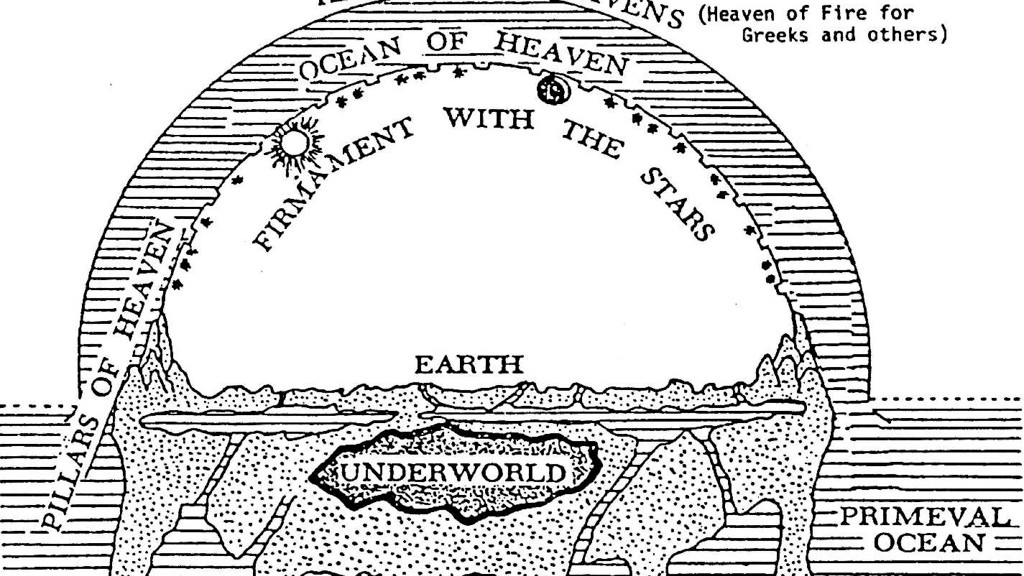So what about parables? Can God use parables, myths, poems, songs, anthropomorphic or figurative language to reveal truth? According to Wikipedia, “The word ‘parable’ comes from the Greek parabole, meaning ‘comparison, illustration, analogy’. It was the name given by Greek rhetoricians to any fictive illustration in the form of a brief narrative. Later it came to mean a fictitious narrative, generally referring to something that might naturally occur, by which spiritual and moral matters might be conveyed.”
Myths, Parables, Stories
Jesus made use of and made up stories to reveal truth. Jesus had no qualms about using fiction to reveal truth to his audience. He used these fictitious illustrations to explain truth. Is there something wrong with that? Can God not use fiction, parable or a myth to reveal the truth? Jesus did it. He used parables to illustrate his point. In the Bible, God has used songs, poems, letters (epistles), proverbs, historical narratives, chronicles, apocalyptic language, stories and other ways to reveal truth. Can we limit God in how he chooses to reveal truth? Can he not use various ways to explain the truth if he wants to? Of course he can!
For related articles, please follow this link:
- Figurative Language in the Bible
- Creation and Evolution: How Did God Bring About the Rich Variety of Species on Earth?
- No Contest – Why the Argument Over Genesis?
- Understanding Genesis for All Its Worth
Photo Credit: Google

